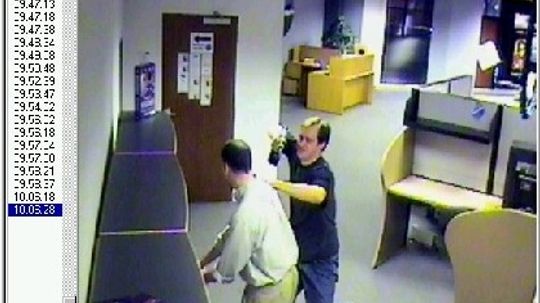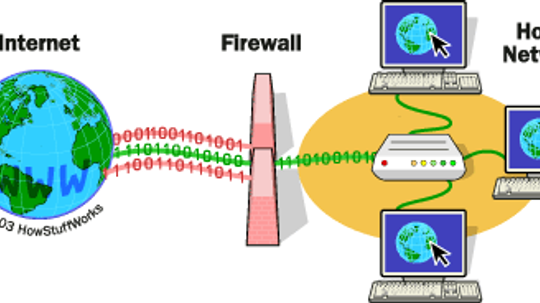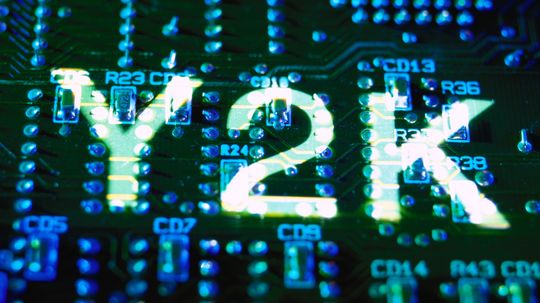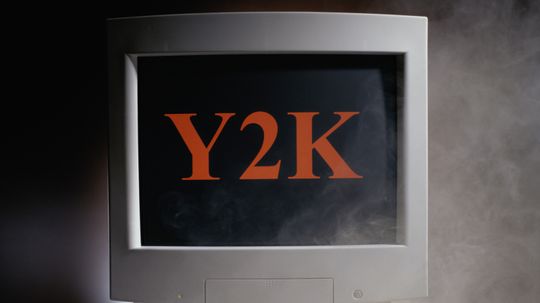Computer & Internet Security
Computer surveillance and security covers a wide range of ways to keep you and your information safe. Learn about firewalls, zombie computers, hackers and workplace surveillance.
Learn More / Page 3
If you're surfing the Internet at work, you may not be the only one who knows. Watching workers has become an industry unto itself. Find out exactly how companies are monitoring employees.
By Kevin Bonsor
If George Orwell's book "1984" creeped you out, you'll want to read the facts about the FBI's Operation Carnivore. It gave agents the permission and technology to access to the online and e-mail activities of suspected criminals.
By Jeff Tyson
Firewalls have helped protect computers in large companies for years. Now they're a critical component of home networks as well. What are they protecting you from?
By Jeff Tyson
Advertisement
Cookies are widely used by Web sites to keep track of their visitors, but they can also provide a better user experience. Are cookies letting Big Brother into your PC?
Both BO and Netbus are Windows 95/98 applications designed to allow other people to access your machine over the Internet. But here's the kicker - you're the one installing it!
From Trojan horses, to worms and viruses, we give you the skinny on how viruses can infect your system through email.
Fortunately the Year 2038 problem is somewhat easier to fix than Y2K on mainframes. Learn about the standard time library and how C programming is involved with this computer blunder.
Advertisement
Computer viruses range from pesky to outright dangerous. Some just display a message, while others erase your entire hard disk. Clicking on what looks like a harmless e-mail message can lead to hours of recovery efforts, if not irreparable damage.
Until recently, computer programmers used two-digit placeholders for the year portion of the date in their software. Guess what happened when we realized the system couldn't account for the first two numbers? Mass panic.







